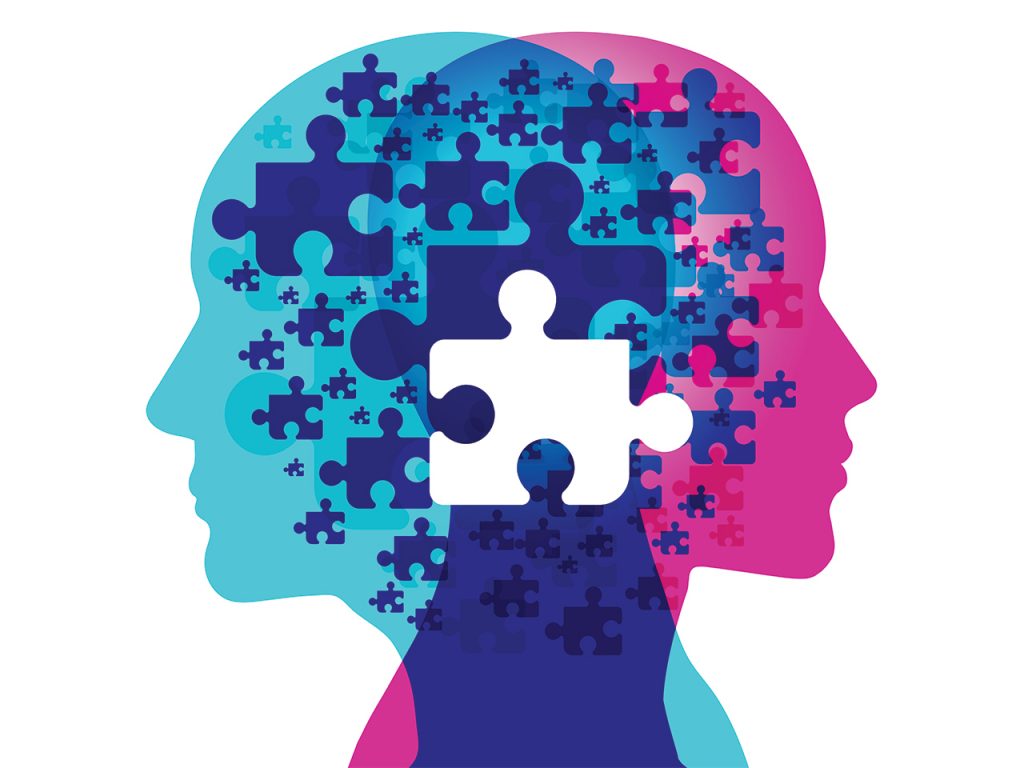We usually think about metabolism when we can’t lose weight. But it’s not only about its speed. Metabolism is a much more complex process than it seems. This is a combination of physicochemical processes that your body uses to make and get energy from the food you consume. Sometimes, metabolism processes can fail which causes certain disorders such as diabetes, anemia or ataxia. Metabolic disorders are very different but can be quite dangerous.
1. How to recognize metabolic disorders?
The human body is very sensitive to metabolic disorders. Lack of nutrition or excessive decay can affect the cells of all organs and tissues including the brain, nerve endings, muscles, heart, skin, and liver. In addition, it affects the production of hormones that control lots of processes in your body. Therefore, the symptoms of metabolic disorders can be very different but the most common ones are:
- Chronic fatigue
- Irregular menstruation in women
- Unexplained weight gain or weight loss
- Memory loss
- Skin problems (acne or irritation)
- Hair loss
- Arrhythmia
- Spikes in blood pressure
- Mood swings
- Constipation or diarrhea
- Frequent urination
- Fever
Each of these symptoms could be caused by non-metabolic disorders but if you notice several symptoms at once, contact a therapist as soon as possible.
2. What are the causes of metabolic disorders?
- Genetic predisposition. The body cannot initially produce certain enzymes that are necessary for proper digestion or incorrectly removes decay products from cells.
- Age. The body changes as you age which can sometimes cause hormonal imbalance, for example, women during menopause may develop metabolic disorders due to a sharp decrease in estrogen levels.
- Parasites. Worms and pathogens disrupt the process of converting food into energy.
- Stress. Stresses are frequent triggers of metabolic disorders.
- Bad habits. In particular, alcohol and smoking abuse or a passion for a sedentary lifestyle are associated with metabolic disorders.
- Improper diet. Improper diet can trigger hypoglycemia. This is a condition that is characterized by constantly low blood sugar levels which also affects metabolism.
- Certain diseases. Viral diseases like flu, measles, and chickenpox can provoke metabolic disorders.
- Certain medications. Taking oral contraceptives can cause metabolic disorders.
3. How to cope with metabolic disorders?
The first thing you need to do is to visit a therapist. Only a highly-qualified specialist can properly make a diagnosis which will help to plan the appropriate treatment. He-she will ask you questions about your lifestyle, changes in your well-being and appearance, and offer to take certain tests. Depending on the results, the doctor may send you to an endocrinologist or another specialist. If the cause of metabolic disorders lies in the disease of any organ or in a genetic predisposition, the treatment will be planned accordingly.
If your metabolic disorder is not associated with genetics and other diseases, you can cope with it on your own by changing lifestyle and dietary habits. Your therapist will recommend you to:
- Change your diet if necessary. Vegetables, fruits, white meat, nuts, whole-grain foods, and dairy products will help you maintain the normal balance of nutrients
- Eat regularly. It’s important to keep a healthy eating plan that includes breakfast, lunch, dinner, and a couple of snacks between meals.
- Refuse fast food and processed foods. Junk and processed foods make your body accumulate adipose tissue which, in turn, affects the hormonal background and, as a result, the whole metabolism.
- Maintain an active lifestyle. Exercising is the best option in this case but If you don’t have time for the gym, you can at least start walking regularly.
Don’t ignore any metabolic disorder since it can be dangerous and even fatal. By the way, this list can be effective prevention of metabolic disorders.
















